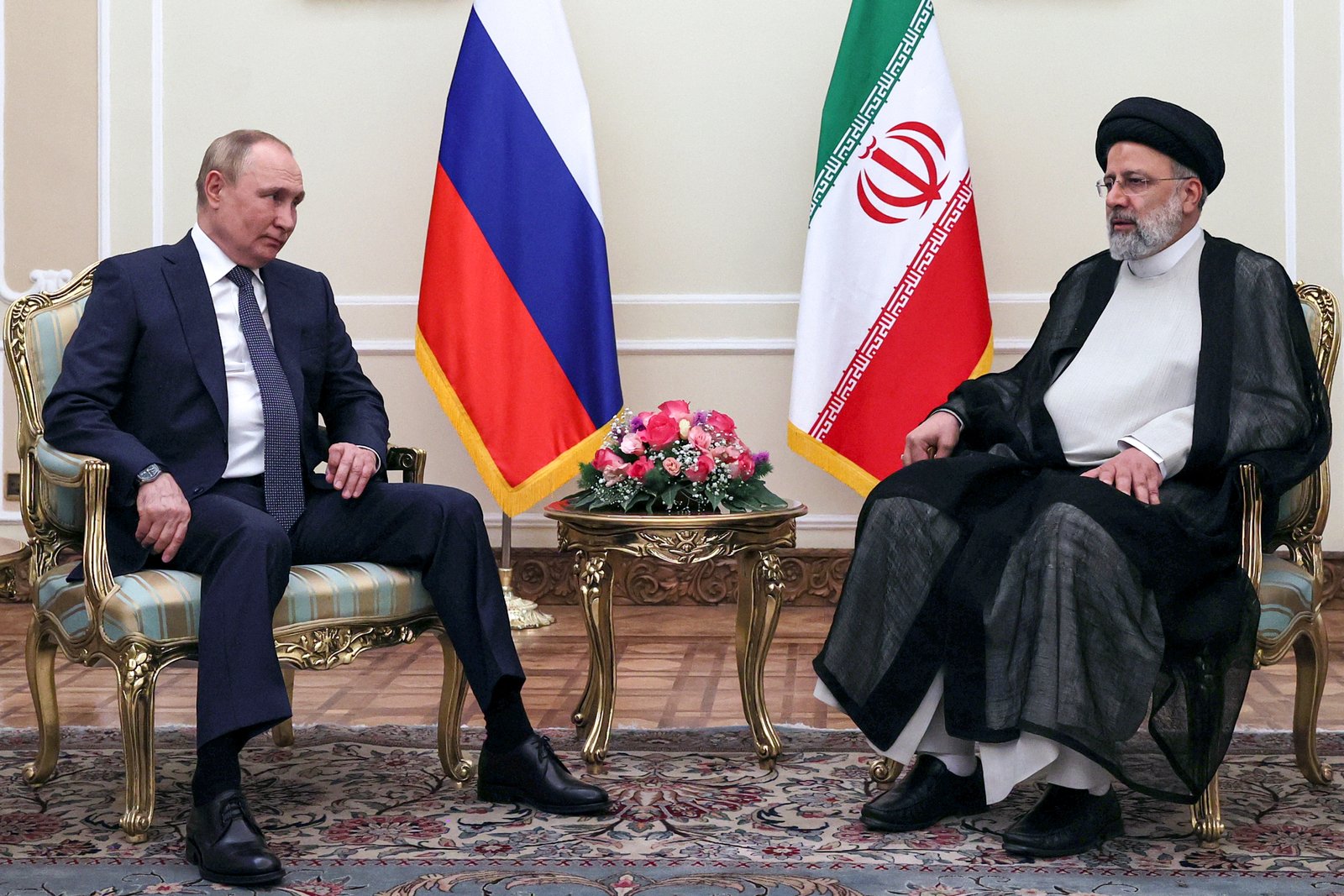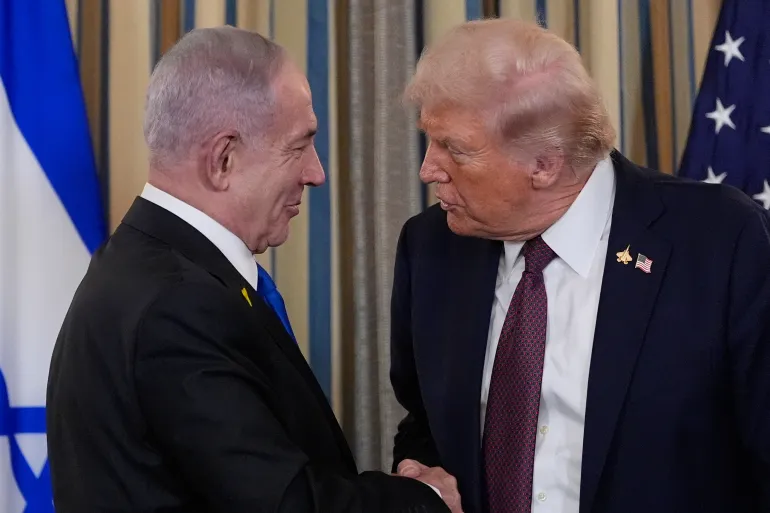Iran and Russia to Sign Strategic Partnership Agreement, Aiming to Reshape Global Order
Later this year, Iran and Russia are set to sign a landmark strategic partnership agreement in Moscow, marking a historic shift in their bilateral relationship. Once seen as both allies and adversaries over two decades, the two nations now aim to solidify their ties with a pragmatic and strategic approach. Against the backdrop of global tensions—especially the Ukraine war and escalating U.S.-China rivalry—Russia and Iran are leveraging each other’s strengths to bolster their positions. Facing Western sanctions, Russia increasingly views Iran as a vital partner, particularly in accessing maritime routes through the Indian Ocean and East Africa.
Iran and Russia to Sign Strategic Partnership Agreement, Aiming to Reshape Global Order
Experts believe the Russia-Iran agreement is poised to challenge the Western-led global order, accelerating efforts toward a multipolar world. Initiatives such as BRICS and the Shanghai Cooperation Organization (SCO) may play pivotal roles as both countries collaborate on non-Western frameworks.
Key Elements of the Agreement
The partnership includes plans for trade in local currencies, bypassing reliance on the U.S. dollar. A major focus will be the International North-South Transport Corridor, linking Russian trade routes with Iranian and Indian ports. This development is expected to enhance economic connectivity across Asia and Africa.
Strategic and Diplomatic Complexities
While united against Western dominance, Russia and Iran have their own disagreements. Notably, Russia has refrained from delivering Su-35 fighter jets to Iran, wary of jeopardizing its relations with Gulf states like Saudi Arabia and the UAE.
Another point of contention is regional infrastructure projects. Russia supports the Zangezur Corridor—a transportation initiative that Iran perceives as a threat to its regional influence.
Global Implications
The Russia-Iran partnership signals a robust resistance to Western hegemony while acknowledging the complexities and competitive dynamics in their relationship. Although not a formal alliance, this agreement will pave the way for sustainable cooperation in geopolitics and trade.
As the agreement comes into effect, it is expected to provide both countries with strategic advantages while contributing to the evolution of a multipolar global system. However, its long-term impact on global power dynamics remains to be seen.










